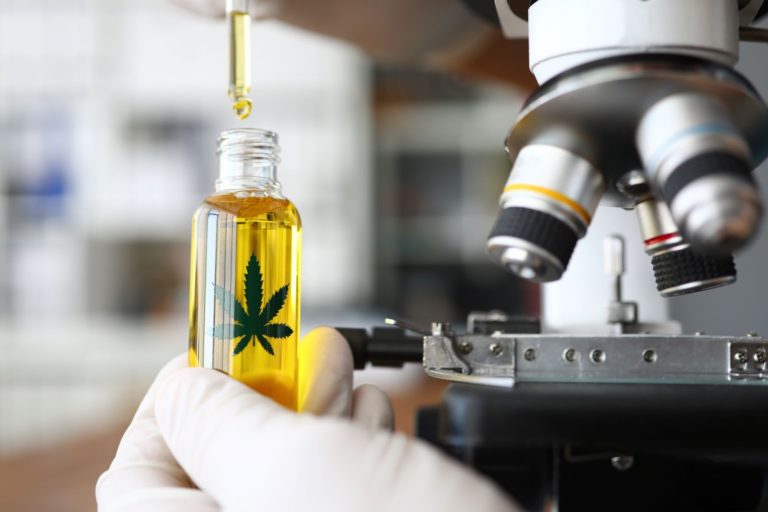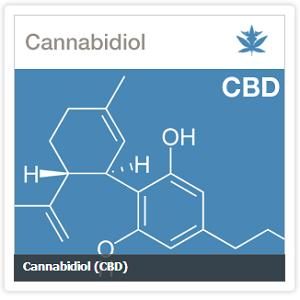 By Paul Armentano, NORML Deputy Director
By Paul Armentano, NORML Deputy Director
Subjects who regularly consume cannabis possess favorable indices related to diabetic control as compared to occasional consumers or non-users, according to trial data published today online in the American Journal of Medicine.
Here is a summary of the study from the website diabetes.co.uk:
Cannabis may prevent development of type 2 diabetes
A new study has revealed that smoking cannabis may help protect against type 2 diabetes after researchers in the US found that regular users of the drug have better blood sugar control.
Murray Mittleman, of the Cardiovascular Epidemiology Research Unit at the Beth Israel Deaconess Medical Centre in Boston, analysed data on almost 5,000 patients who were quizzed about their use of recreational drugs as part of the National Health and Nutrition Survey between 2005 and 2010.
They found that 2,103 had never use cannabis, 975 had used the drug in the past but were not current users, and 579 (over 10%) had inhaled or ingested it in the past month.
Tests showed that current users had 16% lower fasting insulin levels and reduced insulin resistance than those who had never used cannabis. Non-users also had larger waistlines and lower levels of high-density lipoprotein (HDL or ‘good’) cholesterol – both of which are risk factors for type 2 diabetes.
The same benefits were seen among participants who had used the drug in the past but the associations were not as strong, indicating that the effects of cannabis use on insulin levels and insulin sensitivity wear off over time.
“Previous epidemiologic studies have found lower prevalence rates of obesity and diabetes mellitus in marijuana users compared to people who have never used marijuana, suggesting a relationship between cannabinoids and peripheral metabolic processes, but ours is the first to investigate the relationship between marijuana use and fasting insulin, glucose, and insulin resistance,” said lead investigator Mittleman.
Commenting on the study, American Journal of Medicine Editor-in-Chief Joseph S. Alpert, MD, Professor of Medicine at the University of Arizona College of Medicine, Tucson, wrote in an accompanying commentary: “These are indeed remarkable observations that are supported, as the authors note, by basic science experiments that came to similar conclusions.” He added: “We desperately need a great deal more basic and clinical research into the short- and long-term effects of marijuana in a variety of clinical settings such as cancer, diabetes, and frailty of the elderly. I would like to call on the NIH and the DEA to collaborate in developing policies to implement solid scientific investigations that would lead to information assisting physicians in the proper use and prescription of THC in its synthetic or herbal form.”
Diabetes mellitus is a group of autoimmune diseases characterized by defects in insulin secretion resulting in hyperglycemia (an abnormally high concentration of glucose in the blood). There are two primary types of diabetes. Individuals diagnosed with type 1 diabetes (also known as juvenile diabetes) are incapable of producing pancreatic insulin and must rely on insulin medication for survival. Individuals diagnosed with type 2 diabetes (also known as adult onset diabetes) produce inadequate amounts of insulin. Type 2 diabetes is a less serious condition that typically is controlled by diet. Over time, diabetes can lead to blindness, kidney failure, nerve damage, hardening of the arteries and death. The disease is the third leading cause of death in the United States after heart disease and cancer.
Observational trial data published in 2012 in the British Medical Journal previously reported that adults with a history of marijuana use had a lower prevalence of type 2 diabetes and possess a lower risk of contracting the disease than do those with no history of cannabis consumption, even after researchers adjusted for social variables (ethnicity, level of physical activity, etc.) Investigators concluded, “Our analysis of adults aged 20-59 years … showed that participants who used marijuana had a lower prevalence of DM (Diabetes Mellitus) and lower odds of DM relative to non-marijuana users.”
Although subjects who consume marijuana on average have higher average caloric intake levels than non-users, the plant’s use has been associated with lower body-mass index (BMI) and lower rates of obesity.
Abstracts of today’s study, “The Impact of Marijuana Use on Glucose, Insulin, and Insulin Resistance among US Adults,” are online here. NORML has additional information and citations regarding cannabis and diabetes in our Library here.
Source: NORML - make a donation









